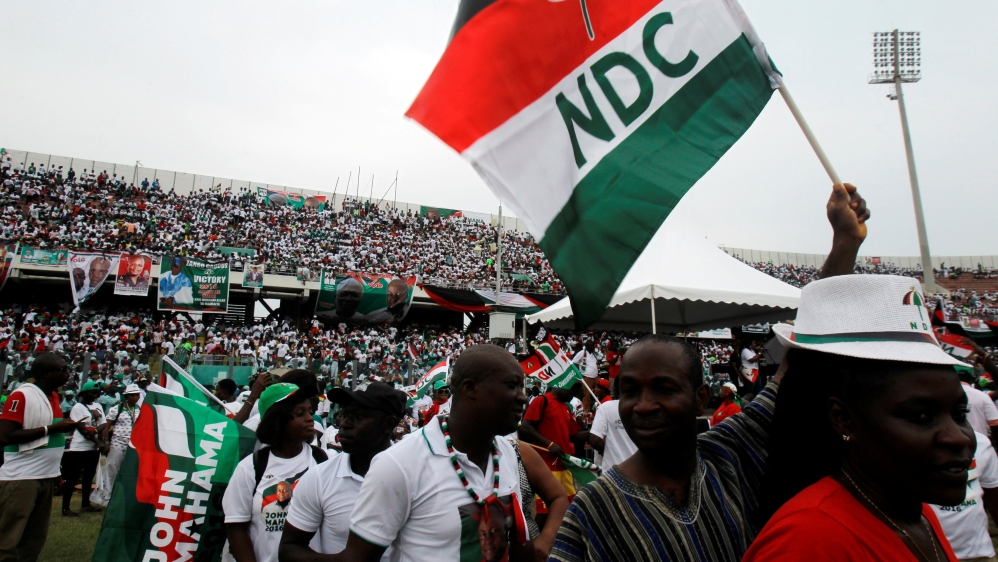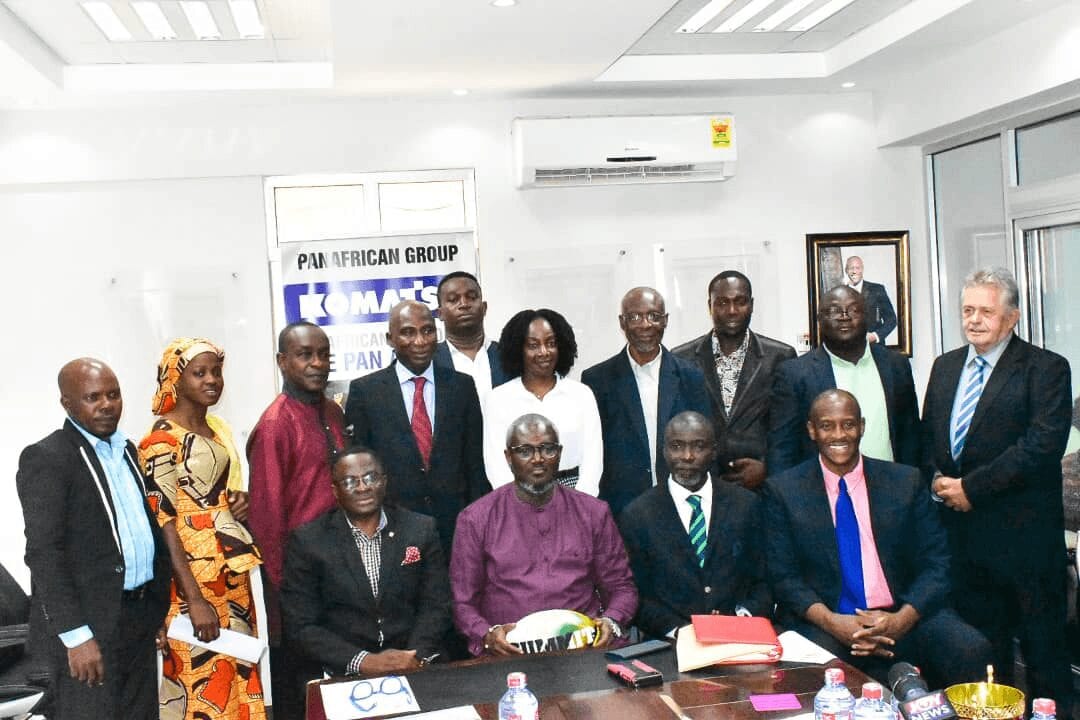The opposition National Democratic Congress (NDC) has refused to sign a document on Roadmap and the Code of Conduct put together by the National Peace Council to check political vigilantism. The Peace Council has been engaging the two leading parties – National Democratic Congress and New Patriotic Party – and key stakeholders culminating into the presentation of a final roadmap and code of conduct for the eradication of political vigilantism in the country in Accra on Tuesday, 4 February 2020. But the NDC said it was premature for them to sign the document because some outstanding issues have not been addressed. “The view of the National Democratic Congress is that the signing ceremony is premature, we do not think we have exhausted all the possible issues that are required to have a meaningful document that we can all work to,” representative of the NDC, Alex Segbefia asserted. According to the NDC, the roadmap has 22 recommendations: four of them relate to political parties and 18 for government, National Commission for Civic Education, civil service organisations, Electoral Commission among others. “None of these are signatories to the document we are going to sign. So in effect if you look at the communiques we have already signed with the peace council, they actually already cover the four items that are directly relating to the political parties. We cannot be seen to be signing document for which other parties who are playing a part do not sign,” Mr. Segbefia pointed out to the gathering. Chairman of the NPC Prof Emmanuel Asante had in a different meeting intimated that the “roadmap is the outcome of a dialogue held at the Peduase Valley Resort on the 27th and 28th of May 2019, the third in a series of dialogues involving the NDC and the NPP. At these meetings, it was agreed that the NPC, with the support of technical experts, and with input from the two political parties, would present a working document on a roadmap for the consideration of the parties, taking into account the reports submitted by the various stakeholders who were invited to participate in the dialogue.” But the NDC insisted that all stakeholders must sign to make the document binding on all. Mr. Segbefia further explained that the party’s demand is based on the fact that document is an “expanded” one and must therefore not be limited to only political parties. “Because, then we cannot effectively monitor it, or for that matter be in a position to deal, with ensuring that what we are signing would be effective. “We think that the contents are good but they do not have a way of making sure that they become effective.” Mr. Segbefia mentioned “three major players” he said should be at the signing ceremony but were absent. There were no government representative, no representation from the judicial service and Electoral Commission, he said. The 22 recommendations PHASE I: IMMEDIATE ACTION In Phase One (I) (A), the NDC and the NPP affirm their unconditional commitment to non-violence in political activities, and undertake to execute immediately the tasks set out below; PHASE (1) (A) At the outset of Phase One (I), the parties shall reject all forms of violence as a mode of political expression. In this regard, the leadership of the NDC and NPP should:
- Take the necessary steps to ensure that their members refrain from vigilante activities.
- Undertake to cooperate with law enforcement agencies, especially by refraining from protecting their members who violate the laws governing vigilantism.
- Affirm their commitment to the code of conduct on political vigilantism, and sign the code during a public function organized by NPC, with the media in attendance.
- Continuously sensitize and educate their members on the dangers of vigilantism.
- Government, through its agencies, should enhance the professional capacity of the law enforcement agencies, through among other means, regular professional development training, especially in professional ethics.
- The National Commission for Civic Education should educate the general public on the perils of vigilantism, and the importance of national cohesion, among other concepts, in order to instill in Ghanaians a sense of patriotism. The NCCE should also endeavor to focus its sensitization activities on school children.
- Civil Society organizations should focus on influencing consciousness aimed at building in Ghanaians, a spirit and sense of patriotism, especially with a view to curbing politically related violence.
- The EC should increase public engagements and deepen its accountability mechanisms, including working more closely with the Inter Party Advisory Committee (IPAC) to enhance public confidence in the activities of the commission.
- The National Media Commission and the Ghana Journalist Association should appeal to media houses and owners to take all appropriate measures to ensure the establishment and maintenance of the highest journalistic standards in the mass media and encourage them to engage in reportage devoid of partisanship and sensationalism.
- The NCSALW should educate and sensitize the public and provide information on the dangers of small arms and light weapons in order to discourage their production, trade and use.
- The NCSALW should undertake an in-depth study of arms control and management in the country to provide relevant data on small arms and light weapons to the government.
- The NCSALW should facilitate the process of amending all relevant laws to accommodate current national needs.
- The government should make a deliberate effort to ensure that the NCCE is very well resourced to enable it to (a) formulate, implement and oversee programmes intended to inculcate in the citizens of Ghana awareness of their civic responsibilities and an appreciation of their rights and obligations especially with respect to politically related violence; (b) to facilitate public dialogues and create spaces and opportunities where people can engage and share perspectives on the eradication of politically related violence.
- The appointment of police chiefs should go with security of tenure.
- The Police Intelligence and Professional Standard Bureau (PIPS) should be strengthened to deal with complaints of unprofessional conduct by the police.
- The Government should continue to provide the Electoral Commission with its budgetary allocations, and all required resources, and on time, so as to leave the Commission ample time to plan and organize its mandated electoral activities.
- The Government should institute the needed measures to ensure that the police are independent, well-resourced/equipped, properly trained and psyched, and insulated from partisan politics.
- Work towards an inclusive society by advocating and creating meaningful social activities for the youth who are vulnerable and thus, often see their involvement in political vigilantism as defining and giving meaning to their lives by way of power, prestige, esteem and a sense of belonging.
- Endeavour to contribute to the creation of alternative economic activities for the unemployed, especially the youth who engage in political vigilantism as a source of income.
- The Government should work towards creating more employment opportunities for the youth to improve their wellbeing and reduce their vulnerability to politicians who manipulate them with gifts and promises to further the parochial interest of the politicians.
- The Government is urged to increase its investments in the development of skills, especially technical and vocational education and training, in order to mitigate economic disadvantage.
- Private sector organisations should work (and in collaboration with the government) towards creating more employment opportunities for the youth to improve their economic wellbeing and reduce their vulnerability to politicians.


















